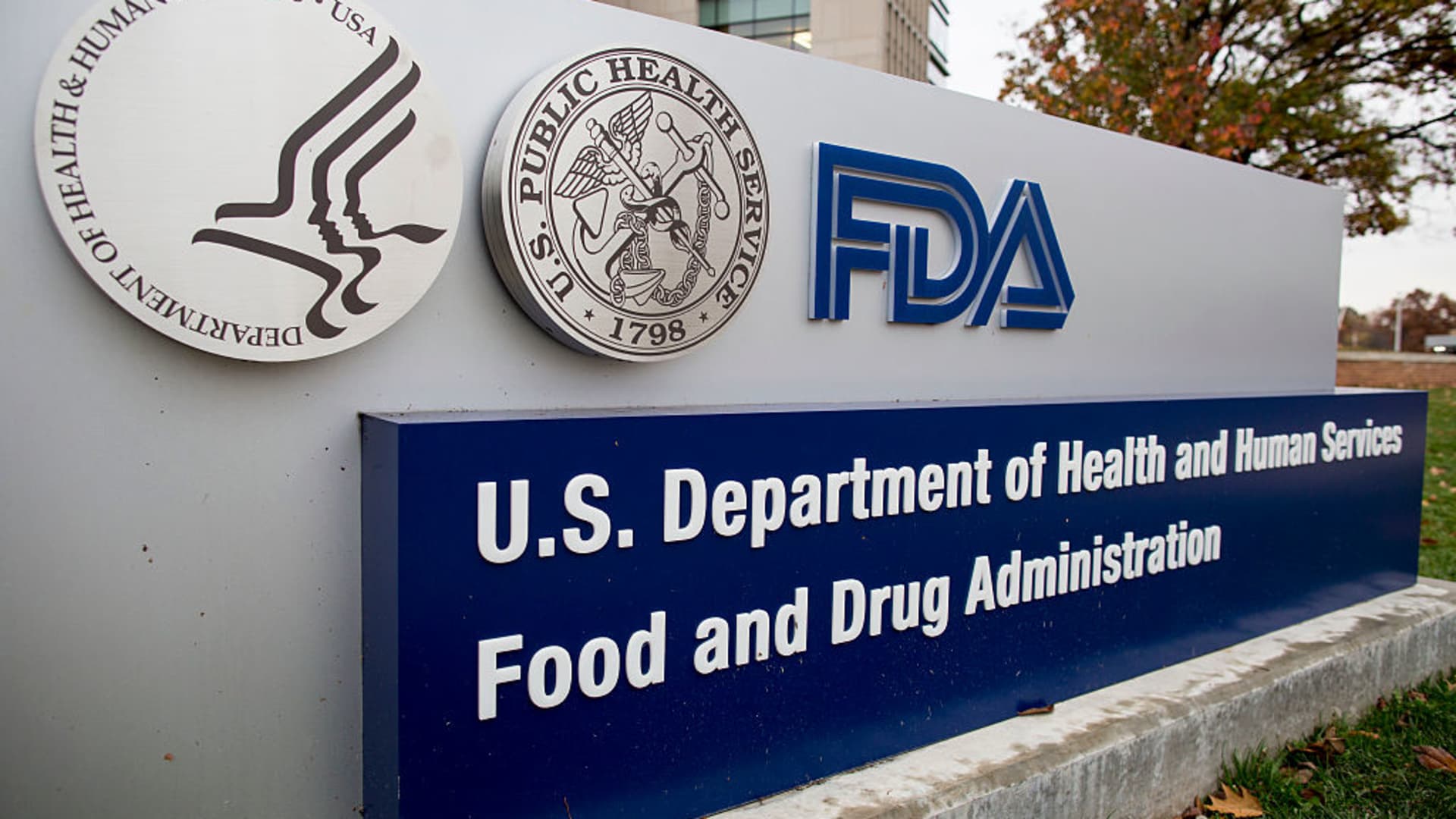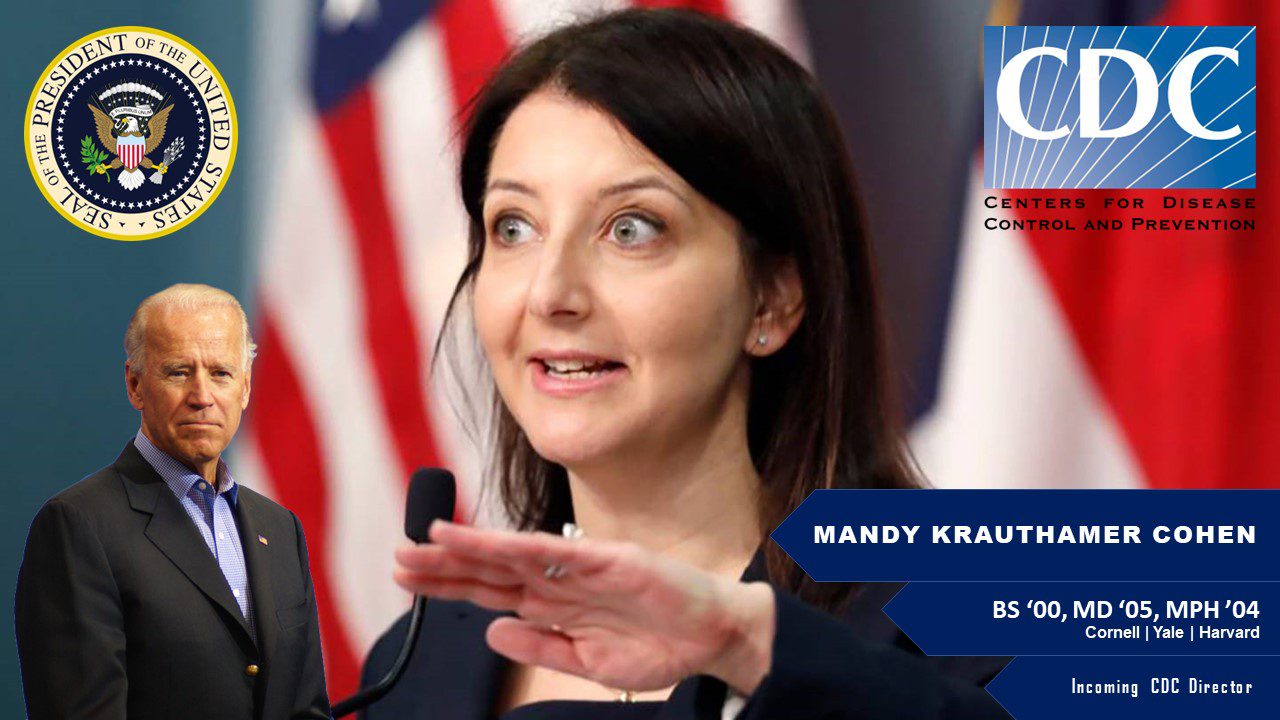The regulatory framework around the pharmaceutical industry in Britain has undergone a large shift since the United Kingdom left the single market. While alignment with the European Medicines Agency (EMA) was previously mandatory, Britain now operates its own approvals process with the Medicines and Healthcare Products Regulatory Agency (MHRA). In addition to the regulatory impacts, Brexit and the overall situation of Britain has had other impacts to the industry in the United Kingdom, which we will explore here.
There is a deep fear that amidst restricted funding and increasing isolation, the MHRA may simply be reduced to an agency that rubber-stamps regulations promulgated by larger agencies, such as the FDA and EMA. The COVID-19 vaccines proved that this will not always be the case – although one could hardly consider the conduct of an agency during a pandemic to be indicative of how it will conduct its everyday business. Indeed, when the MHRA approved the Pfizer vaccine for emergency use, it was before its separation from the EMA – and this was enabled by emergency powers granted to national governments by the EU. However, this does remain indicative of the increased agility the MHRA can be capable of, when it is not burdened by an agency which has to consult 27 other national agencies prior to a decision.
The departure of the UK from the EU has resulted in the MHRA losing its funding from the EU medicines regulatory network. This has resulted in a fifth of the workforce of the MHRA – around 300 people – being dropped. These cost-cutting measures were leaked to the British Medical Journal in 2021, with the MHRA expecting to lose 15-20% of its income in the face of rising operating costs as it takes on more responsibility that was previously shared with the EU. The agency also announced plans for a new fee structure, given that it is now extremely dependent on fee revenues for its regulatory activities.
Regulatory gaps had already begun to be exposed as the UK diverged from the EU – the Falsified Medicines Directive (FMD), passed in 2019, ceased to apply for the UK on 31 Dec 2020. The FMD provided a framework for the monitoring of pharmaceuticals to eliminate non-genuine drugs from the market. This was achieved with the integration of pharmacies to the UK Medicines Verification System, which they had to disconnect from with the advent of Brexit. The Royal Pharmaceutical Society expressed its concern about the lack of regulation in the area in a letter to the Secretary of State for Health, as well as the potential impacts of this void in the law.
The UK government aims to replace the FMD – and other regulations – with the Medicines and Medical Devices Directive, which received Royal Assent in February, 2021. The Bill further granted the Secretary of State for Health a wide-ranging array of powers to make alterations to UK regulations, which in the future could prove instrumental in the government’s choice to diverge or converge with EU decisions and frameworks.
Another area which concerns have been raised in has been that of orphan drugs. Orphan drugs are treatments for diseases which are rare and unprofitable to treat without governmental assistance. Oftentimes, orphan drugs can lead to progress in other related areas of medicine; statins, a widely used treatment to lower cholesterol, were originally developed as an orphan drug to treat familial hypercholesterolemia. Unlike the EMA, the MHRA will no longer offer discounted guidance for orphan drug developers.
Additionally, treatments cannot receive the orphan treatment designation prior to their Market Authorisation (MA) in the UK. This decreases the transparency of the national system, as developers cannot be aware of who else would be developing similar treatments – in contrast to simply seeking pre-MA orphan designation through the EU, which maintains its European Commission Register of Orphan Medicinals. This creates a situation where the UK regulatory framework is de facto dependent on the EU’s regulations, as orphan development remains more attractive through the EMA route.
The restriction in freedom of movement and the loss of EU funding for research is also expected to be a detriment to the scientific sector of the United Kingdom, which now has to cope with a smaller, less mobile talent pool. The UK government announced its own visa schemes for scientific professionals, although its immigration route for Nobel Laureates and holders of comparable awards in other fields (such as the Field medal for mathematics) had not received a single application in the span of six months.
Regardless, the MHRA has pushed ahead with a number of international collaborations. These include a partnership with the National Medical Products Association of China, a memorandum of understanding with Swissmedic, and a Good Clinical Practice symposium with the FDA. Such partnerships strengthen both the relations between different national agencies, but also improve understanding and alignment of different standards and regulatory capacities. The MHRA has also joined the Access consortium, which will enable it to work with its Australian, Canadian, Singaporean and Swiss counterparts to accelerate approvals. The Trade and Cooperation Agreement with the EU has also established a Medicinal Products Working Group, which should help maintain relations with the MHRA’s European counterparts.
There is further room for optimism in the industry in Britain, as well. Just this week, AstraZeneca opened its new corporate headquarters and research hub in Cambridge, named the Discovery Centre (DISC). The new centre is a testament to state-of-the-art R&D technology, as well as AstraZeneca’s aspirations to conduct further joint research with academic institutions – such as its collaboration with Oxford University in developing its vaccine. GlaxoSmithKline also announced plans for new headquarters in Weybridge for its Consumer Healthcare division.
The disruption caused by the UK’s departure from the European Union will have been felt across every industry. With the pharmaceutical industry being the third largest in the country, some impacts were unavoidable. The new regulatory landscape in the UK remains harmonised with that of the European Union, though it maintains the potential to diverge significantly in the future – albeit at great cost. The industry itself maintains the confidence in British innovation, though the pressures it faces from regulatory divergence, restricted freedom of movement and the lack of EU resources and funding are all problems that should be addressed.
Nick Zoukas, Former Editor, PharmaFEATURES
Subscribe
to get our
LATEST NEWS
Related Posts

Regulatory Affairs
Navigating the Depths of Drug Approval: The FDA’s Crucial Role in Clinical Trials
In the realm of pharmaceuticals, ensuring the safety and efficacy of drugs is paramount.

Regulatory Affairs
Decoding Drug Prices: Unraveling the Intricate Puzzle of Pharmaceutical Pricing
Only by untangling the web of pharmaceutical pricing can we pave the way for a more affordable and equitable healthcare system.
Read More Articles
Myosin’s Molecular Toggle: How Dimerization of the Globular Tail Domain Controls the Motor Function of Myo5a
Myo5a exists in either an inhibited, triangulated rest or an extended, motile activation, each conformation dictated by the interplay between the GTD and its surroundings.
Designing Better Sugar Stoppers: Engineering Selective α-Glucosidase Inhibitors via Fragment-Based Dynamic Chemistry
One of the most pressing challenges in anti-diabetic therapy is reducing the unpleasant and often debilitating gastrointestinal side effects that accompany α-amylase inhibition.













